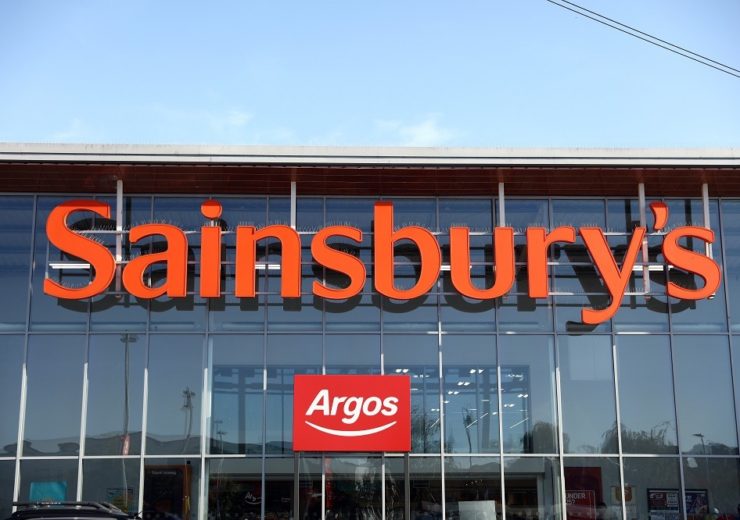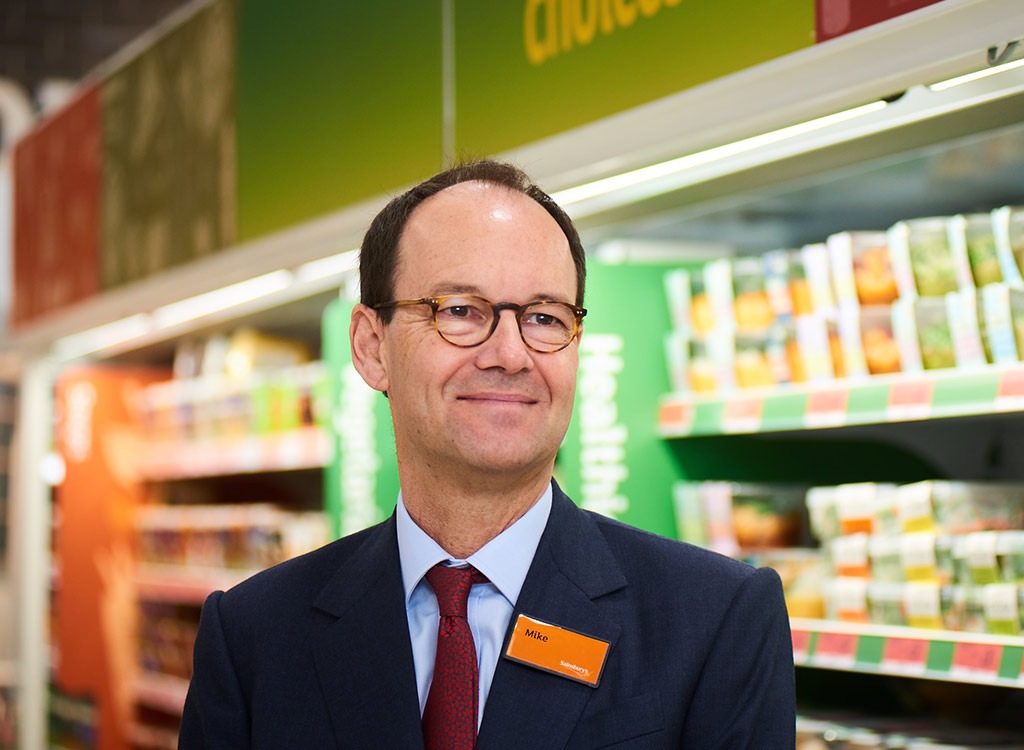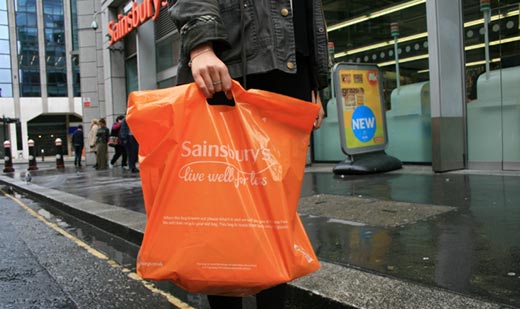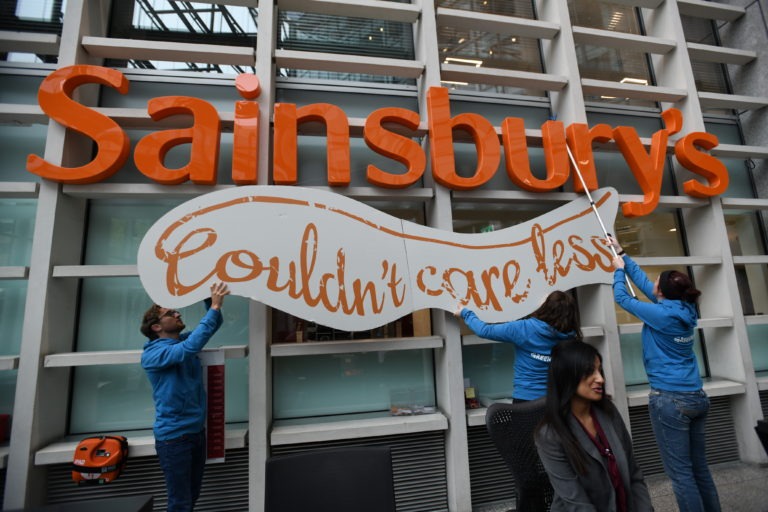Major UK supermarket chain Sainsbury's has also announced it will phase out difficult-to-recycle dark coloured plastic by 2020 - but Greenpeace UK doesn't think its measures go far enough

Sainsbury's store
Sainsbury’s has announced it will trial the use of a “pre-cycle” scheme at its stores to help increase its recycling rate and cut down on plastic waste.
The initiative will provide an area for customers to deposit unwanted primary and secondary packaging – such as bottles and lids – from food and drink in shops before leaving.

The announcement by the supermarket chain – which has also pledged to remove dark plastic that is difficult to recycle – has been criticised for “missing the point” by environmental charity Greenpeace UK, which wants the company to cut down its own waste rather than shift responsibility to consumers.
Sainsbury’s CEO Mike Coupe said: “We are serious about reducing plastic.
“For many years, Sainsbury’s has prioritised sustainability and sought innovative solutions to reduce plastic packaging and increase recycling.
“Today’s announcements show what we have already achieved and demonstrate our firm commitments for the future to make significant reductions in plastic use.”
Sainsbury’s recycling and plastics commitments
Sainsbury’s says that while plastic keeps food fresh throughout the supply chain, eco-conscious shoppers may welcome the chance to recycle containers in its “pre-cycle” bins before taking items home.
It has also made commitments to end the use of dark-coloured plastic across fresh foods by the end of 2019, eliminating them from stores entirely by March 2020.
According to circular economy charity WRAP, plastic that is dyed using carbon black pigments prevent it from being sorted with the infrared technology widely used in plastics recycling.
This means dark items commonly end up as residue and are disposed of in landfill or incinerated.
Sainsbury’s also announced it will remove all plastic packaging from its Christmas crackers this year, as well as from sweetheart and savoy cabbages – with the latter measure expected to cut 100 tonnes of plastic packaging over the next 12 months.
These new commitments add to previous measures the company had already implemented.
These include removing plastic sleeves from greeting cards and replacing carrier bags with “bags for life” made from 100% recycled content.

These efforts have led to the reduction of 8,101 tonnes of non-recyclable plastic and use of “virgin plastic” in its stores every year, the company claimed.
It hopes the new policies will reduce a further 1,280 tonnes of plastic from its products, contributing to the aim of making sure all its plastic packaging is reusable, recyclable or compostable by 2025.
Greenpeace view on Sainsbury’s recycling scheme

The announcement follows a campaign by Greenpeace UK activists, who want the retailer to eliminate unnecessary and non-recyclable plastic by 2020.
This week, they delivered 4,724 Twitter complaints to Sainsbury’s London headquarters, alongside 2,309 handwritten messages collected from customers.
Greenpeace UK’s ocean plastic campaigner Elena Polisano said: “Greenpeace has been pressuring Sainsbury’s to tackle its plastic problem, and we’re pleased it’s listened to us and to its customers by moving away from black and hard-to-recycle plastics, as other supermarkets are doing already.
“However, inviting customers to remove unwanted plastic packaging as they leave the store shows Sainsbury’s is missing the point.
“It’s producing too much plastic packing in the first place, and should be cutting it out rather than focusing on recycling and shifting responsibility for plastic packaging onto its customers.
“Sainsbury’s must go much further and set yearly reduction targets and pledge to eliminate unnecessary plastic by the end of next year.”
